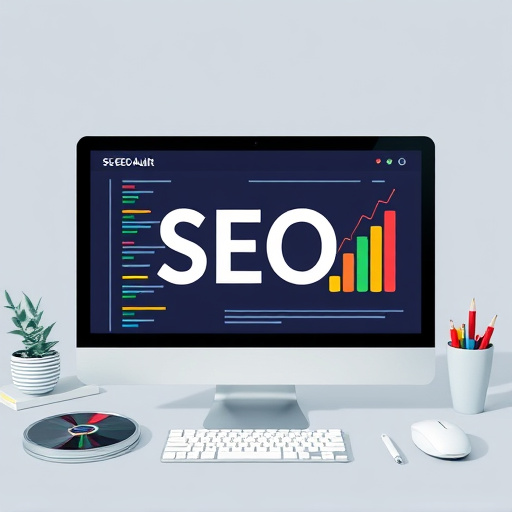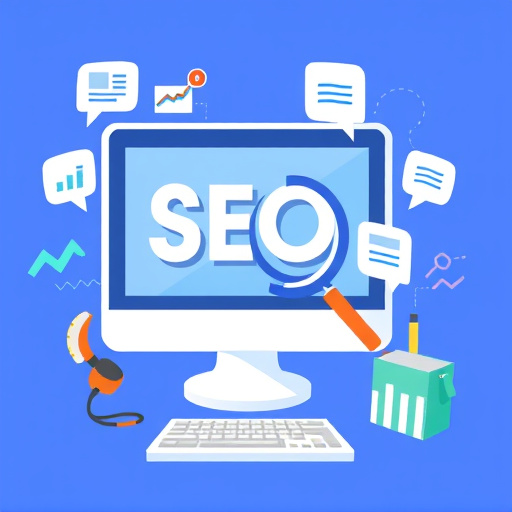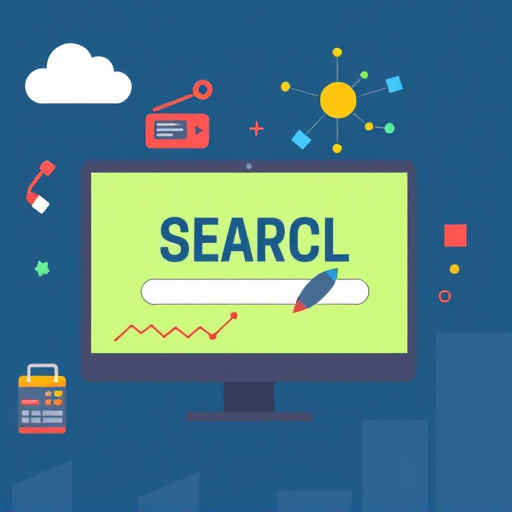Website speed optimization is a critical SEO strategy that enhances user experience and search engine rankings. By leveraging tools like CDNs, responsive design, minimizing HTTP requests, compressing images, caching, and optimizing code, businesses in competitive markets like Dallas or Davie can boost rankings, reduce bounce rates, and improve conversion rates, meeting modern users' expectations of fast performance.
Optimizing your website’s speed is a powerful strategy to gain an edge in search engine rankings. In today’s digital landscape, fast-loading sites offer users a seamless experience, while slow websites are quickly abandoned. This article guides you through the process of enhancing your site’s performance. We’ll explore how website speed directly impacts SEO, uncover key factors that affect load times, and provide actionable strategies to implement for optimal results in search engine rankings through effective website speed optimization.
- Understanding Website Speed Impact on SEO
- Key Factors for Optimizing Website Speed
- Implementing Strategies to Boost Load Times
Understanding Website Speed Impact on SEO

Website speed optimization isn’t just about making your site look good; it’s a critical component of successful SEO strategies. Search engines, particularly Google, have explicitly stated that page speed is a ranking factor. This means that websites with faster loading times tend to rank higher in search results than their slower counterparts. Since users expect instant gratification, a quick-loading website can significantly enhance user experience, encouraging visitors to explore more pages and stay longer, which are all positive signals for search engines.
In the competitive digital landscape, especially within local markets like Dallas (for SEO services) or Davie FL (for website design), where customers have countless options at their fingertips, optimizing your website speed can set you apart from competitors. Efficient website speed not only boosts your search engine rankings but also increases conversion rates and reduces bounce rates. Therefore, investing in website speed optimization is a strategic move that improves online visibility for local SEO services while ensuring your site offers the fast, reliable experience modern users expect.
Key Factors for Optimizing Website Speed

Optimizing website speed is a multifaceted process that involves several key factors. Among them, one of the most significant is website speed optimization. This starts with ensuring your site’s infrastructure is robust and efficient, employing tools like content delivery networks (CDNs) to distribute content geographically closer to users. A well-optimized website loads faster, which directly impacts user experience and search engine rankings.
Additionally, responsive web design plays a crucial role in modern digital marketing Broward. With the majority of internet traffic coming from mobile devices, a site that adapts seamlessly to different screen sizes is essential. This not only enhances usability but also signals to search engines that your website is up-to-date and user-friendly, bolstering its credibility and rankings in website design Hollywood FL. Other vital considerations include minimizing HTTP requests, compressing images, leveraging browser caching, and optimizing code for efficiency—all contributing to a faster, more engaging online experience.
Implementing Strategies to Boost Load Times

Implementing strategies to boost load times is a crucial aspect of website speed optimization that can significantly impact your search engine rankings. One of the key elements is adopting responsive web design, ensuring your site seamlessly adapts to various devices and screen sizes. This not only enhances user experience but also speeds up loading times by reducing the need for separate mobile and desktop versions. A skilled website designer in Davie, FL, can leverage modern techniques like lazy loading, where content is loaded on-demand, further optimizing page load speed.
Additionally, compressing images, minifying HTML, CSS, and JavaScript files, and leveraging browser caching are effective tactics to streamline your site’s performance. These practices minimize the time it takes for users’ browsers to download and process web pages, making your website more competitive in search engine results. Website speed optimization is not just about faster loading times; it’s a strategic approach that contributes to overall user satisfaction and encourages visitors to stay longer on your page.
Optimizing your website speed is a powerful strategy to enhance user experience and significantly boost search engine rankings. By implementing the key factors and strategies discussed, you can ensure faster load times, improve website performance, and stay ahead in the digital landscape. Website speed optimization is not just a recommendation; it’s a necessity for any serious online presence, as search engines prioritize swift and efficient sites, rewarding them with higher visibility.














